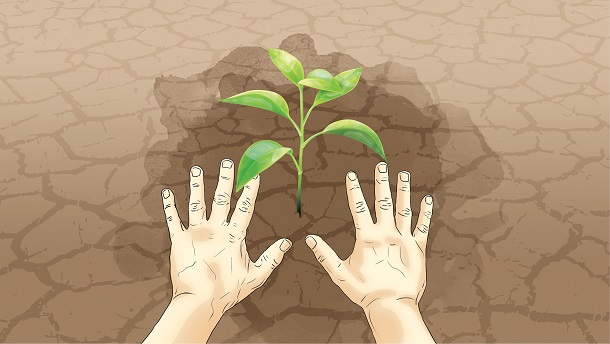
Summary: In today’s world, where change and disruption are constant, simply bouncing back is no longer a sustainable strategy. Sustainability is all about survival, but the goal of resilience is to thrive. Resilience should not occur in the face of adversity. One has to plan for it in advance, anticipating unexpected disruption.
Log In or become an AIMA member to read more articles
